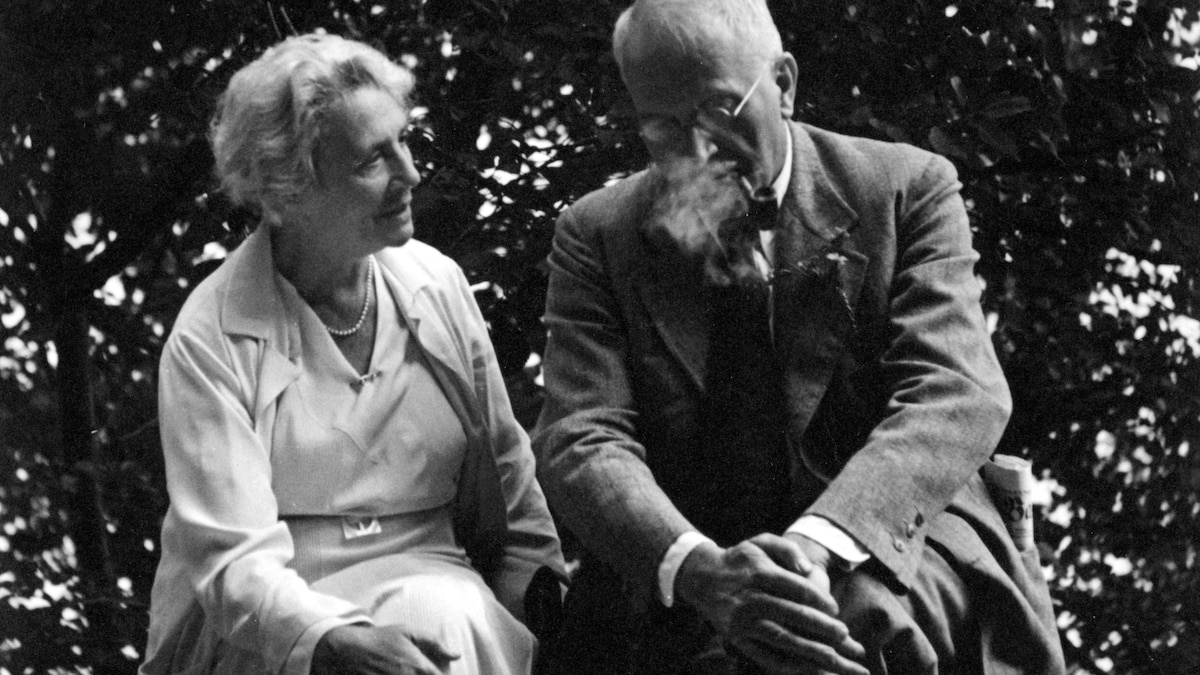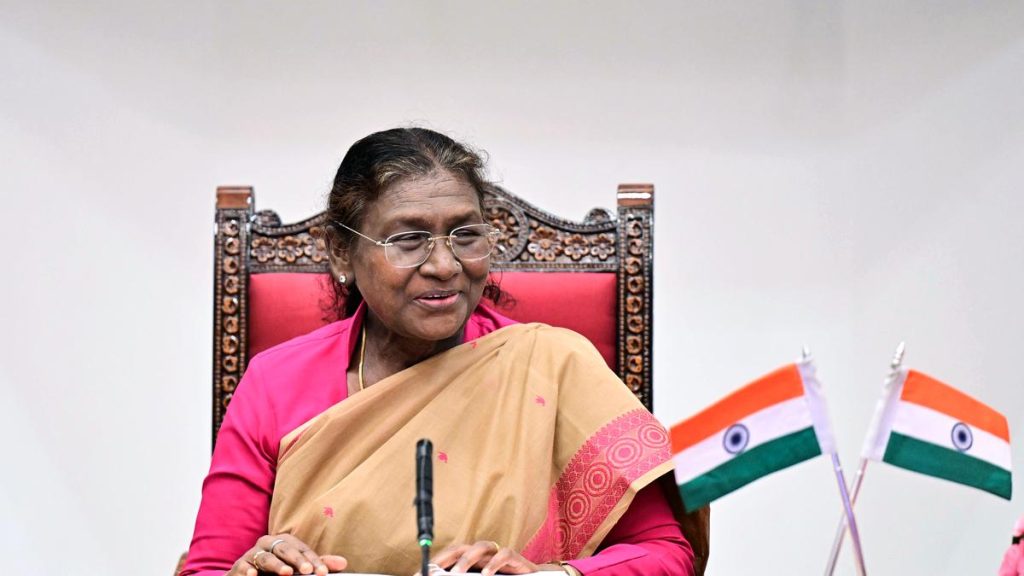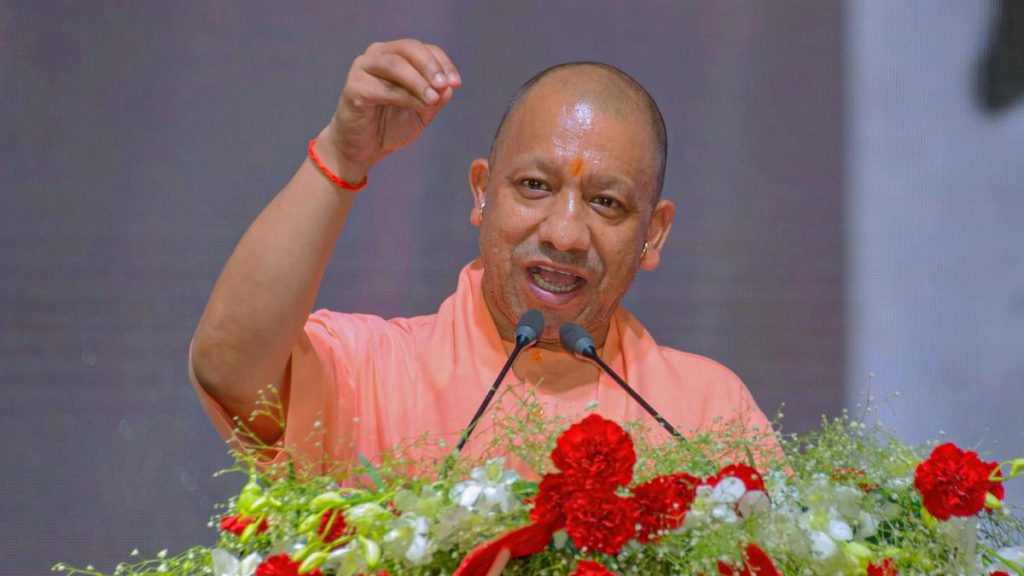Now Reading: Exploring the Women Behind Carl Jung’s Legacy
-
01
Exploring the Women Behind Carl Jung’s Legacy
Exploring the Women Behind Carl Jung’s Legacy

Fast summary
- Emma Jung, wife of renowned psychoanalyst Carl Jung, is now being recognized for her independent intellectual contributions too psychology.
- A new book titled Dedicated to the Soul: The Writings and Drawings of Emma jung explores her private psychological work, including poetry, drawings, dream analysis, lectures, and writings.
- Scholars note emma’s influence on Carl Jung’s theories like individuation and archetypes. Her collaboration included translating texts for him, assisting patients during his early career, and becoming a psychoanalyst herself.
- Female collaborators of Carl Jung such as Sabina Spielrein and Toni Wolff played significant roles in developing ideas within analytical psychology but were historically overshadowed by him.
- Recent scholarship highlights these women’s individual achievements-Spielrein pioneered studies on schizophrenia speech and child progress; Wolff explored feminine psyche frameworks within Jungian theory.
- The XXIII International Congress on Analytical Psychology this August will focus on rediscovering these female contributors rather than solely celebrating Carl Jung’s legacy.
Indian Opinion Analysis
The increased recognition of figures like Emma Jung speaks to a broader societal trend aimed at highlighting marginalized contributions within academic disciplines. For India-a society with deep ancient gender disparities in education-it mirrors ongoing efforts to acknowledge women’s contributions across fields traditionally dominated by men.
Celebrating independent accomplishments alongside collaborative roles fosters nuanced understandings of intellectual progress as inherently interconnected rather than solitary. India’s own intellectual history would benefit from similar reassessments that include overlooked contributors across genders or backgrounds.
Additionally,themes central to analytical psychology-including individuation or archetypes-may resonate with India’s abundant spiritual traditions that explore analogous concepts like self-realization through meditation or mythological archetypes from cultural epics. This rediscovery reinforces the universality of psychological insights while inviting collaborations across regions rooted in shared human experiences.

























